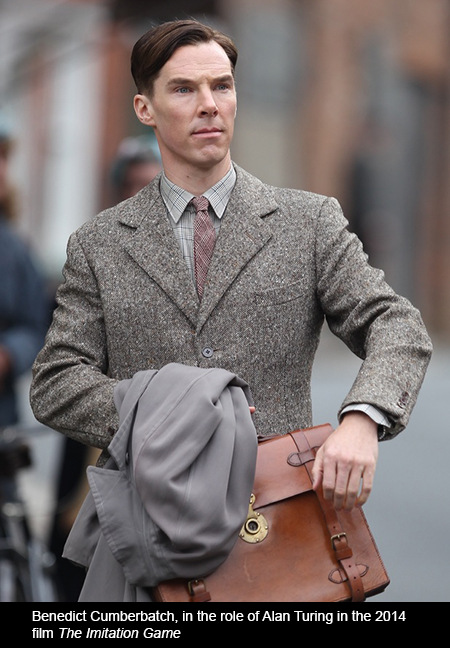
Currently in theaters, The Imitation Game is the fictionalized but basically accurate story of crypanalyst Alan Turing (1912-1954). Turing broke the German code called Enigma during World War II, and is credited with being the father of artificial intelligence and the modern computer. While still at university, Turing wrote a paper titled “Computing Machinery and Intelligence.” It opens with this sentence: “I propose to consider the question, ‘Can machines think?” This should begin with definitions of the meaning of the terms ‘machine’ and ‘think.’
This gives us some sense of his mind, even at a relatively early age.
Many years later it was suggested that the Apple logo may be a secret tribute to Turing, with the bite mark a reference to his death (he committed suicide, some say by eating a cyanide-laced apple). When Steve Jobs was asked if this was in fact the origin of the logo, he responded: “God, we wish it were.”
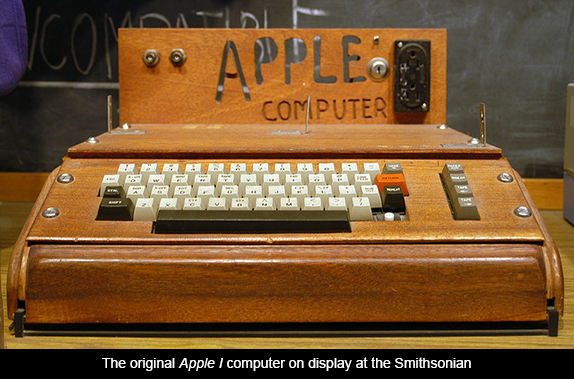
I found The Imitation Game to be one of the best films I’ve seen in 2014. But this isn’t a movie review. I want to speak about it here as a point of departure for a consideration of what we lose when we cannot recognize and encourage those who make some of society’s greatest breakthroughs because their “difference” produces in us a socially-conditioned fear, repulsion, or opportunity to build ourselves up by persecuting others.
Turing, a socially awkward but brilliant British mathematician, logician, cryptanalyst and pioneering computer scientist, was hired to work at the Bletchley Project, a cover for England’s highly secret efforts to break Enigma. The German code, which was reset every night at midnight, rendering each previous day’s grueling work another failure, was an ongoing dilemma for Britain and its allies. It specified upcoming attacks to the minute, including details of latitude and longitude.
A small group of thinkers—mathematicians, linguists, chess champions, cross-word puzzle mavericks, and intelligence officers—worked around the clock to break the code. Defying a variety of obstacles (not the least of these being that neither Britain’s spymasters nor, at first, his colleagues at Bletchley could abide the man who believed himself more brilliant than they), Alan Turing became the leader of this elite group.
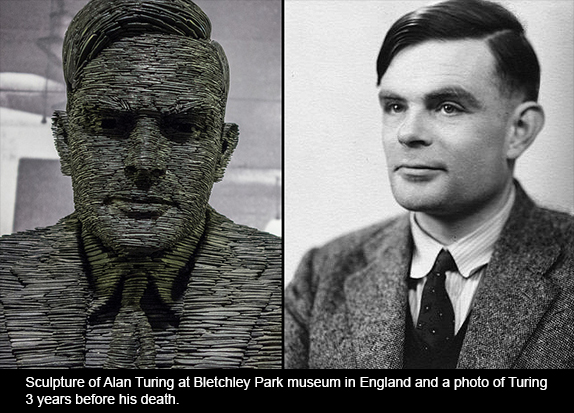
To say that Turing was socially awkward is putting it mildly. His demeanor reflected a more complex picture. The film portrays him as being somewhere on what today we would call the Asperger’s spectrum: extremely literal in his perceptions of everyday conversation and interaction, and unselfconscious about his brilliance. Because he refused to hide the fact that he believed himself smarter than they were, he annoyed his colleagues. And he didn’t suffer fools easily.
Turing was also a homosexual at a time in which it was against the law and, although he didn’t seem to have been ashamed of the identity, it gave his detractors ammunition for harassment and eventually outright attack. He admitted his sexual identity, and the forces of law and order used his confession to destroy him. Turing spoke of his years at Bletchley as “a sexual desert,” involved as he was in his round-the-clock attempt to break the code. But because homosexuality was a crime in Britain at the time, and most people in power were homophobes, they went after Turing and eventually brought him up on charges of gross indecency.
He was convicted, given a choice between two years in prison and chemical castration, and chose the latter. The hormone treatments destroyed his health—both physically and mentally—and he committed suicide a year later. It wasn’t until 2013 that the British government, bolstered by a petition with 30,000 signatures, issued a posthumous pardon and, following in the footsteps of scientific communities everywhere that had already honored him, officially recognized his great contribution to the war effort as well as to the field of artificial intelligence.
Turing’s story, pivotal in breaking the Nazi hold on Europe, was personally tragic. The film is breathtaking: beautifully directed and acted, a good blend of real history and the departures from that history that make for excellent drama. Not too long before seeing The Imitation Game, I’d seen a TV documentary on Turing’s life. The important moments are flawlessly embodied in this fictional film. I wept as I watched, and others in the theater also sniffled audibly.
I was pulled back into my reverence for language and those discovers of its multiple embodiments. I couldn’t help but think of other code breakers and makers throughout history: the Navajo Code Talkers (the last of whom died this past year—creating an undecipherable code may be as complex as unraveling one made by someone else), Jean-Francois Champollion’s transliteration of the Rosetta Stone, and particularly the Mayan glyphs that required several generations of multi-disciplinary researchers to even begin to reveal its secrets.
Throughout history, most of those who have significantly contributed to unveiling a language have possessed the genius of difference as well as the brilliance of advanced scholarship. To unravel the mysteries of another culture’s language, one has to possess an understanding of advanced math, how algorithms work, have enduring patience and tenacity, and be able to draw on an imagination unfettered by the obstacles much of today’s “education” puts in the way of creative thinking.
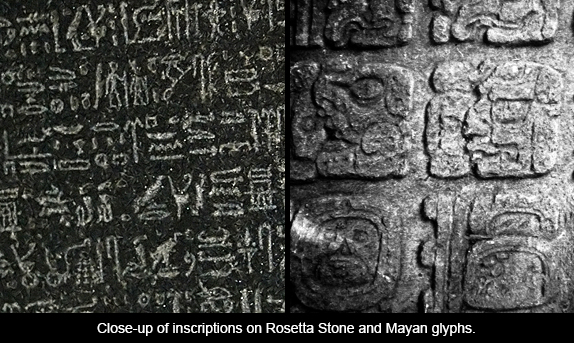
Most films we see these days are forgettable. We may be caught up in them while we’re watching, but minutes or hours later almost nothing remains. The Imitation Game has stayed with me, and not only with regard to the story it tells. I find myself extrapolating from Turing’s discovery to what computers do today, and from his painful life to the ways in which so many people who have extraordinary things to offer are held back and put down because of who they are. In Turing’s case the British government needed him desperately enough that they let him do his work until he helped them win the war. Then he became disposable.
The Imitation Game’s screen play was written by Graham Moore and based on Andrew Hodges’ biography, Alan Turing: The Enigma. The film was billed as “a historical thriller” and may certainly be viewed as such. Warner Brothers is rumored to have bought the screenplay for a seven-figure sum because Leonardo DiCaprio was interested in playing the lead. When he changed his mind, the rights reverted back to the screenwriter and, as is often the case with attempts to tell controversial stories in film, the project had a number of studio homes before coming to fruition. Ron Howard and David Yates were both tapped as possible directors during various phases of development. Morten Tyldum ended up directing the film, making it his English-language directorial debut.
Benedict Cumberbatch surprises in his role as Turing. He had previous experience playing a scientist in his 2004 rendition of Stephen Hawking, but is better known for his portrayal of Julian Assange in 2013, or for his Sherlock Holmes television serial. Every major and minor role in The Imitation Game is well executed, and Cumberbatch is perfect as its lead.
The film moves back and forth between Turing’s painful adolescence, when his only school friend was Christopher Morcum, another homosexual youth who shared his sexual awakening as well as his brilliance at math, and his adult experience at Bletchley. In the film he names the complex machine he develops to break the code Christopher, in remembrance of his childhood friend. This works dramatically, linking Turing’s childhood angst with his wartime work. The real Turing named his machine Bombe.
The real and film Christophers both die suddenly, a loss that will haunt Alan as long as he lives. One semester Morcum didn’t return from vacation. The boy’s only equal, friend, confidante, and object of first passionate desire was suddenly taken from him. The scene in The Imitation Game in which young Alan is called into his headmaster’s office and told of his friend’s death is particularly poignant—with the headmaster expressing as much compassion as he can and the boy pretending away his grief, fearful that the nature of their impossible relationship be revealed.
I could go on, analyzing the film on its own merits or in its relationship to what we know of Turing’s real life. But what I want to talk about is the way in which difference so often provides an excuse to ostracize, taunt, and even destroy those who give us our greatest scientific breakthroughs, philosophical revelations, and works of artistic genius. No society has been immune to this thoughtless cruelty. Today’s propensity for bullying at ever-younger ages robs us of too many future geniuses—or simply happy human beings. And it often seems that moments of greatest intellectual flowering have been prone to the sort of corrupt power plays that result in sidelining those whose vulnerability makes them targets of our injustice.
Socrates comes to mind. Giordano Bruno. Joan of Arc. Spinoza. And in more recent times, Sacco and Vanzetti, Julius and Ethel Rosenberg, Chelsea Manning, and Caster Semenya. Being queer, female, Jewish, Communist, Black, not fitting into a “normal” identity or simply allowing our brilliance to challenge the status quo, have been among the human conditions or attitudes that have provided so many easy targets for our scorn. Tragically, rather than reveling in the collective empowerment of difference we attempt to absolve our own fears through destroying others. Where would humanity be today without the Socratic method, Bruno’s ability to see past religious ignorance, or the courage of such as that poor shoemaker and fishmonger, the Rosenbergs, or Manning? How do we absolve ourselves of the shame of having put a great athlete such as Semenya through the humiliation of gender testing?
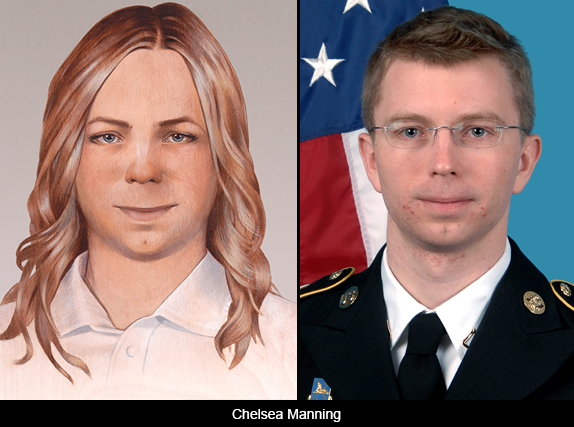

A particularly egregious case of this bigotry can be found in the scientific community’s treatment of Rosalind Franklin (1920-1958). Franklin was an English chemist and X-ray crystallographer who made critical contributions to the understanding of the fine molecular structures of DNA. Working in laboratories where women were few and had to struggle to have their work taken seriously, she produced the first image leading to the confirmation of DNA’s double helix: the proof without which all future work in the area would have been impossible.
James Watson and Francis Crick had seen her images. Yet in 1962, four years after Franklin’s discovery, it was Watson and Crick who won the Nobel Prize in Physiology or Medicine, "for their discoveries concerning the molecular structure of nucleic acids and its significance for information transfer in living material," sharing it with another male colleague, Maurice Wilkins. No mention of Franklin’s contribution was made, either in the award itself, in the winners’ statements at the time, or in their reminiscences for many years thereafter. Rosalind Franklin died of ovarian cancer at the age of 37. Her cancer may have been at least partially caused by her laboratory experiments involving radiation.
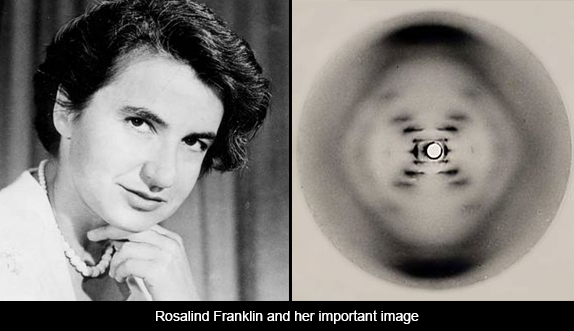
It is immeasurably sad to me that we have hidden so long in our cruelty to those we are able to mock as different. That class, gender, racial or sexual difference is still so often an acceptable excuse for social segregation, the cruel joke or denial of opportunity, even imprisonment and torture.
Thinking about Alan Turing—his significant contribution to defeating fascism as well as his terrible loneliness, forced “choice” of chemical castration, and suicide—make me question my own fears of difference. I ask myself if I can always say that I am quick enough to denounce the hurtful joke, challenge bigotry, and embrace my fellow humans when it matters most.
(Images: Apple I computer by Ed Uthman / CC; Alan Turing sculpture by Christopher Brown / CC; Alan Turing photo / Fair use; Rosetta Stone closeup by moorina / CC; Mayan glyphs by vaticanus / CC; Caster Semenya under GNU Free License; Rosalind Franklin photo / Fair use)

January 09, 2015